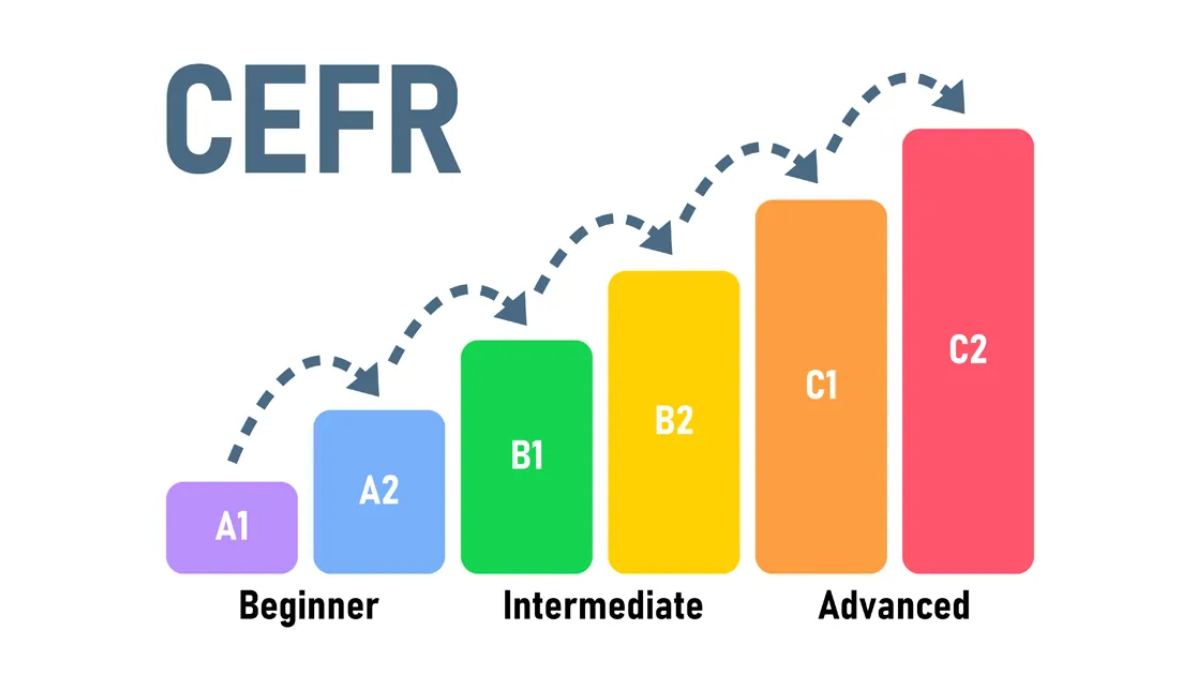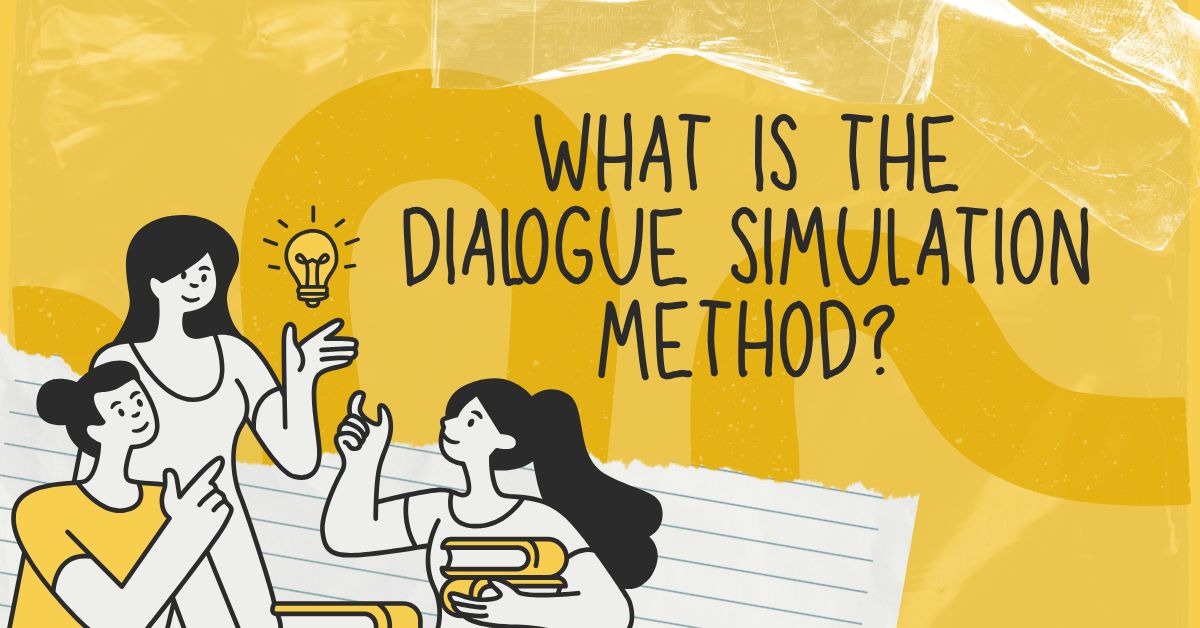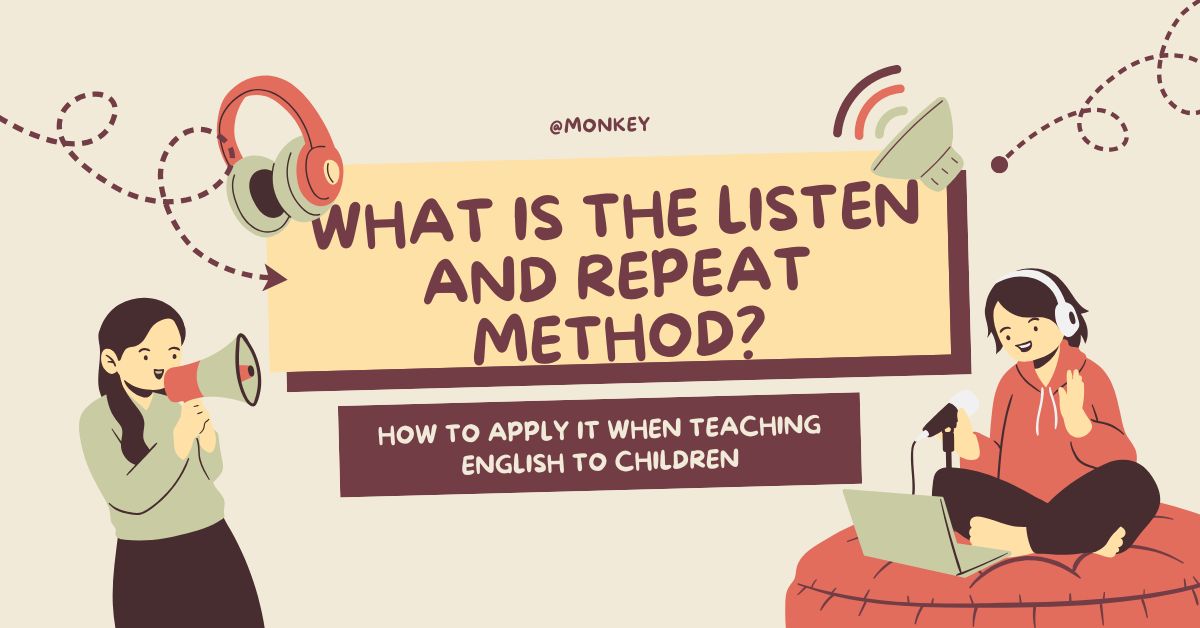Struggling to build a strong English vocabulary that actually sticks? You're not alone. Many learners face the challenge of remembering new words quickly and retaining them long-term. But what if there was a smarter way to learn? This comprehensive guide reveals how to remember English vocabulary quickly and permanently, exploring 14 highly effective methods. Get ready to transform your learning process and confidently expand your word bank!
How to remember English vocabulary quickly and permanently
Learning English vocabulary effectively involves a combination of consistent effort, smart strategies, and regular review. Here's a breakdown of how to remember English vocabulary quickly and permanently, drawing on various proven methods:
Apply root memorization techniques
Applying root memorization techniques can significantly boost your vocabulary learning speed. By understanding Latin and Greek roots, you can easily connect the meaning of a root to many different words and remember them more effectively.
For example, knowing that aqua means water helps you understand words like aquarium, aquatic, and aquamarine. This approach allows you to guess the meaning of unfamiliar words and retain them longer.
Learn vocabulary according to your level
Learning vocabulary according to your level helps you set realistic goals and stay motivated throughout your English journey. When you focus on words that match your ability, you avoid feeling overwhelmed and can track your progress more clearly.
For example, if you are a beginner, start with basic everyday words, then gradually move to academic or professional vocabulary as your skills grow. Setting goals like learning 10 new words per day or aiming for a TOEIC score can keep your learning structured and purposeful.
Apply Mnemonic vocabulary techniques
Mnemonic vocabulary techniques help transfer words from short-term to long-term memory by creating strong mental associations. These associations can be based on sounds, images or personal experiences that make the word easier to recall later.
For example, you can link the word cheese with smiling in photos, or remember difficult word groups through rhymes or acronyms. This method is especially useful for remembering long or complex vocabulary.
Learn English vocabulary through songs
Learning English vocabulary through songs is a fun and natural way to improve your memory. When you sing along to your favorite tunes, new words and phrases are repeated in context, helping them stick in your mind without much effort.
You can listen to songs while driving, waiting for the bus or even in the shower. Over time, the rhythm and melody will help you unconsciously memorize vocabulary and pronunciation.

Play fun games and memorize vocabulary effectively
Playing fun games is an enjoyable and effective way to memorize English vocabulary. Games create an interactive learning environment where you naturally remember words through repetition and context.
Whether you're using mobile apps or classroom activities like bingo, hot seat or Kahoot, these games help reinforce word meanings and how to use them in real situations. Learning becomes more engaging and less stressful.
Solve English vocabulary puzzles
Solving English vocabulary puzzles is a great way to challenge your brain while learning new words. Many websites offer vocabulary quizzes where you can choose your level and focus on specific topics like education, law or business.
These puzzles not only make learning more enjoyable but also help reinforce word meanings and usage. Creating your own quizzes can further deepen your understanding and long-term retention.
Use English learning software on your phone
Using English learning software on your phone is a convenient way to build vocabulary anytime and anywhere. These apps offer interactive features like games, flashcards and pronunciation practice that make memorizing new words more engaging.
If you're looking for a fun and effective app for kids, try Monkey Junior. It provides a wide range of vocabulary lessons with images, sounds and quizzes that help learners remember words easily and permanently.
Write down new vocabulary on sticky notes
Writing new vocabulary on sticky notes and placing them on everyday items like your desk, door or computer helps you absorb words naturally. Seeing the words repeatedly throughout the day strengthens your memory without much effort.
If you often forget English words, this simple habit can turn passive exposure into active recall. Over time, it builds a routine that helps you remember vocabulary more effectively and for longer.
Create complete sentences to learn vocabulary
Creating complete sentences with new vocabulary is a powerful way to remember words quickly and permanently. When you form sentences, you learn how to use the word in real-life situations, which strengthens both understanding and memory.
The more sentences you make with a new word, the longer it stays in your mind. This habit helps you build vocabulary naturally while improving your grammar and writing skills at the same time.
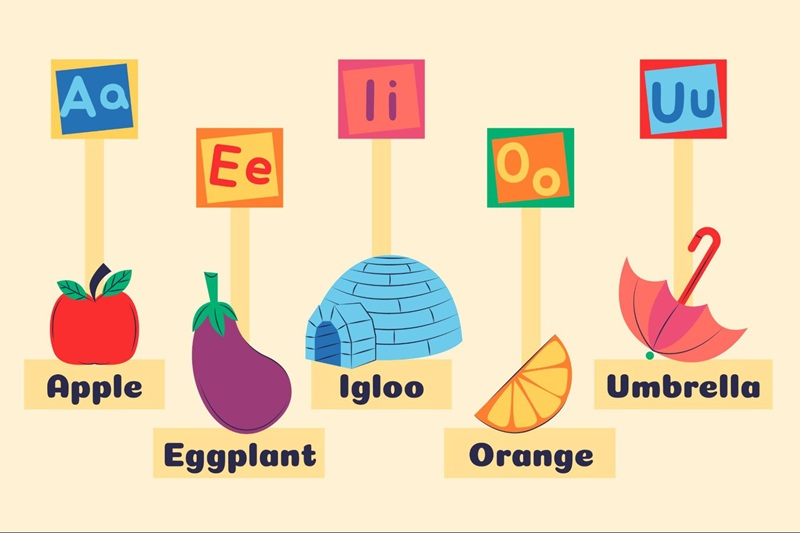
Apply English to real life
Applying English vocabulary in real-life situations is one of the most effective ways to make it stick. When you use new words in conversations, writing or daily activities, you reinforce their meanings and improve your ability to recall them naturally.
For example, after learning the phrase “come up with”, try using it in your own sentence like “She came up with an idea about environment protection.” Practicing in English-speaking environments or with native speakers also helps you build confidence and long-term retention.
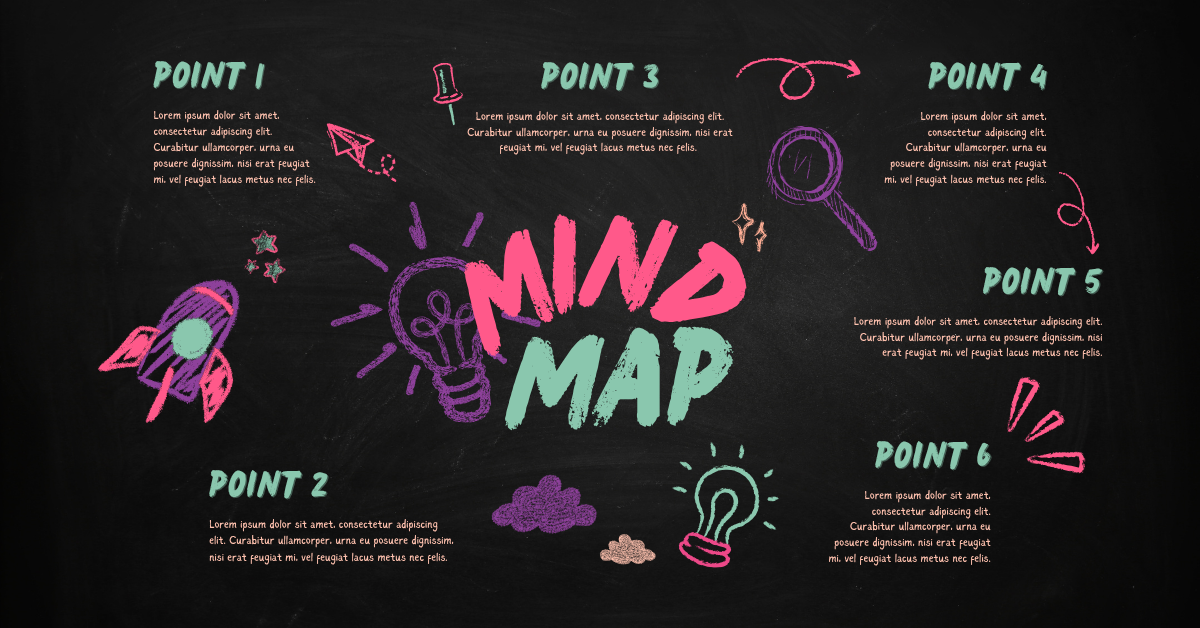
What is the Mind Mapping method? How to teach English to children using Mind Mapping

What is the shadowing method? How to use the shadowing technique to teach English to children

What is the CLIL method? How to apply CLIL in teaching English to children
Learn vocabulary by topic and mind maps
Learning vocabulary by topic is a simple yet powerful way to remember words faster. When you group related words together, your brain forms stronger connections, making it easier to recall and use them in the right context.
To boost this method, try using mind maps. For example, with the topic "Food", you can create branches like Fruits (apple, banana), Vegetables (carrot, tomato), and Meals (breakfast, lunch, dinner), helping you visualize and organize vocabulary effectively.
Use flashcards to learn vocabulary
Using flashcards is one of the most effective ways to remember English vocabulary quickly and permanently. Each card includes a word, its meaning, pronunciation and sometimes an image, which helps activate both visual and verbal memory.
Many English learning apps like Monkey Junior also use digital flashcards to support vocabulary retention. With interactive visuals and sounds, these flashcards make learning more engaging and suitable for both children and adults.
Read books in English regularly
Reading books in English regularly is a great way to learn and remember vocabulary in context. When you see new words used in real sentences, you not only understand their meaning but also remember how to use them naturally.
To make this habit sustainable, choose topics or genres you enjoy. The more you read, the more familiar the words become, helping you build a stronger and longer-lasting vocabulary.
Review vocabulary using the spaced repetition method
Reviewing vocabulary using the spaced repetition method is one of the most effective ways to store words in your long-term memory. Instead of cramming, you review the same word at increasing intervals, which strengthens recall and prevents forgetting.
For example, review a word right after learning it, then again after 24 hours, one week and one month. This scientifically proven method helps reinforce your memory and keeps vocabulary fresh in your mind.

Common mistakes when learning English vocabulary and how to overcome them
Learning English vocabulary can be a challenging journey, and many learners fall into similar traps that hinder their progress. Recognizing these common mistakes is the first step toward building a more effective and sustainable learning strategy.
Not using an English dictionary
One common mistake in learning English vocabulary is not using a dictionary during the learning process. Dictionaries, whether printed or online, are essential tools that help you understand a word’s meaning, pronunciation, synonyms and antonyms in detail.
By regularly looking up new words, you not only improve your vocabulary but also learn how to use words accurately and naturally. You can try Monkey ABC, which offers an English-Thai dictionary with audio to support your pronunciation and vocabulary growth.
Not practicing English communication
Avoiding English communication is a common mistake that limits your ability to remember and use vocabulary effectively. Speaking allows you to apply new words in real conversations, which strengthens memory and builds confidence.
Practicing with others not only improves your pronunciation but also helps you gain new knowledge through shared ideas. If you're looking for a fun way to practice speaking, try Monkey Speak to build vocabulary while improving your communication skills.
Trying to memorize vocabulary in just one study session
Trying to memorize a large number of vocabulary words in just one study session is a common mistake that often leads to quick forgetting. Spending hours cramming 50 new words without reviewing them regularly will not help you retain them for long.
A more effective method is to study vocabulary in short, consistent sessions. For example, learn 5 new words in the morning, review them in the afternoon and repeat in the evening. This spaced approach helps strengthen long-term memory and prevents overload.
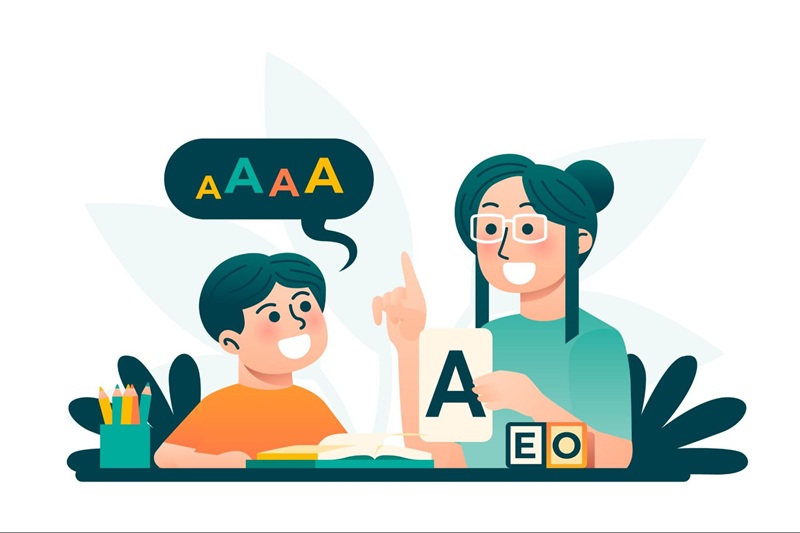
Not learning vocabulary by topic
Not learning vocabulary by topic is a common mistake that makes it harder to remember and use new words in real conversations. Simply writing down random words without context often leads to confusion and poor retention.
Instead, group vocabulary into specific themes like family, school, food or weather. This helps your brain create connections between words and makes it easier to recall them during everyday communication.
Being lazy and not studying every day
Being lazy and skipping daily practice is a common mistake that slows down your vocabulary learning progress. Like any other skill, learning English requires consistency and effort over time.
To build a strong vocabulary, you need to stay disciplined and make learning a daily habit. Regular review and practice will help you remember words better and use them more confidently in conversations.
Only learning new vocabulary without reviewing
Only learning new vocabulary without reviewing is one of the most common mistakes in language learning. According to psychologist Hermann Ebbinghaus and his “forgetting curve” theory, our ability to remember drops sharply over time without review.
For example, if you learn 100 new words, you may only remember 55 after 18 minutes and just 30 after one week. Regular review helps combat forgetting and boosts your retention rate significantly, allowing you to remember up to 80 words with repeated practice.

Mastering English vocabulary doesn't have to be a daunting task. By consistently applying these 14 diverse and proven methods, you'll not only learn how to remember English vocabulary quickly but also ensure those words become a permanent part of your linguistic arsenal. Choose the techniques that resonate most with you, integrate them into your daily routine, and watch your fluency soar. Start implementing these strategies today and unlock your full English learning potential!




.png)
